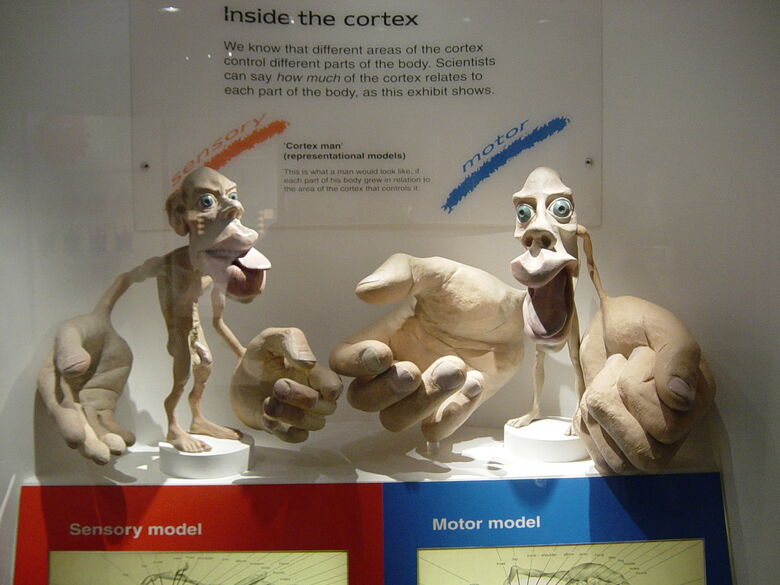Some random propositions
If quantum events have a truly random component then the evolution of the universe cannot be deterministic.
The space-time architecture of the universe is fractal-like. The parts look similar but they are never identical.
A pixel may choose to be a certain color but cannot understand how it made that choice.
Charles





 Reply With Quote
Reply With Quote





Bookmarks